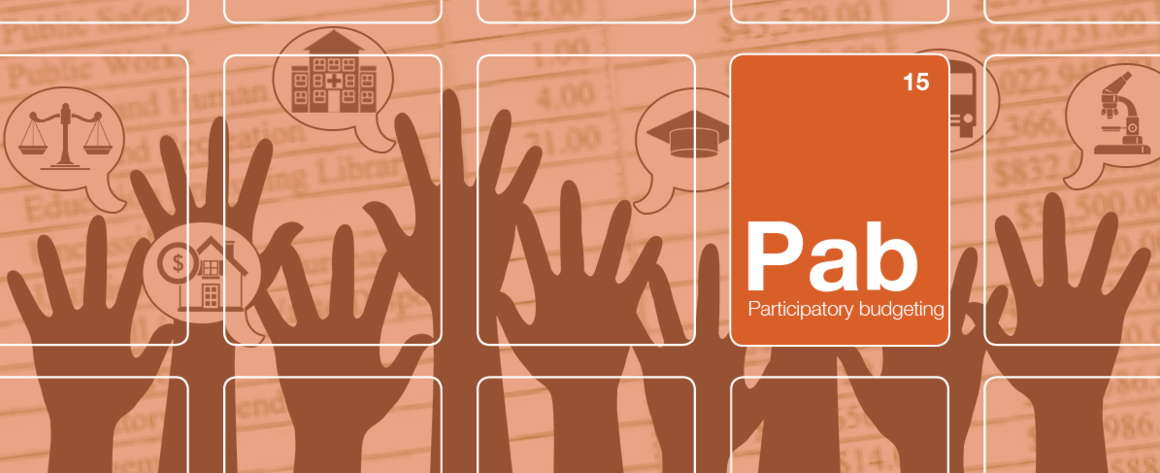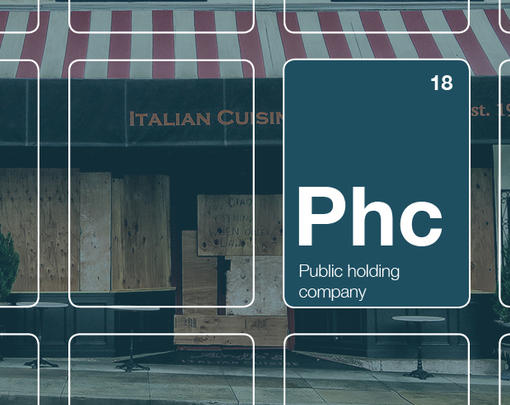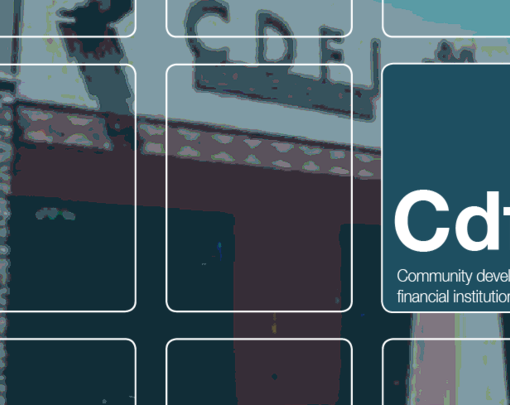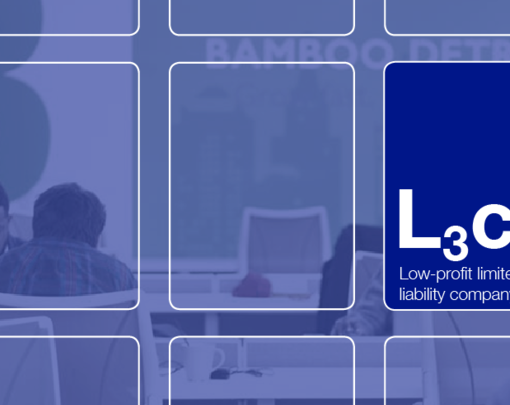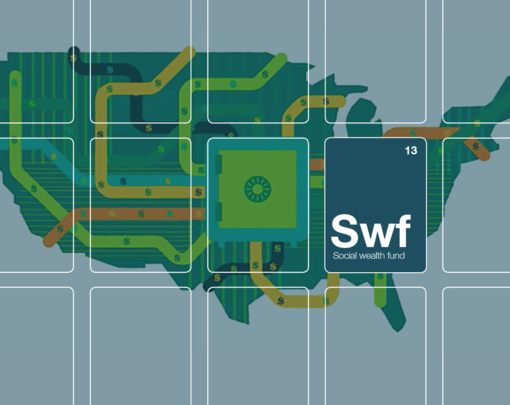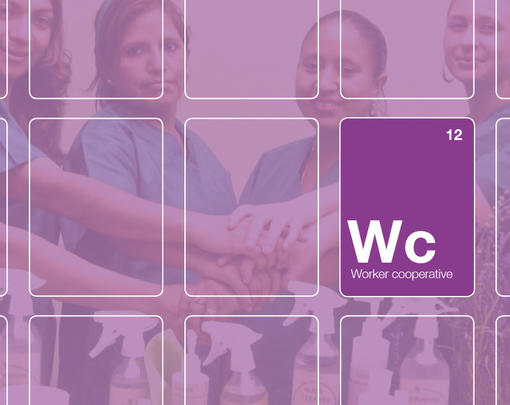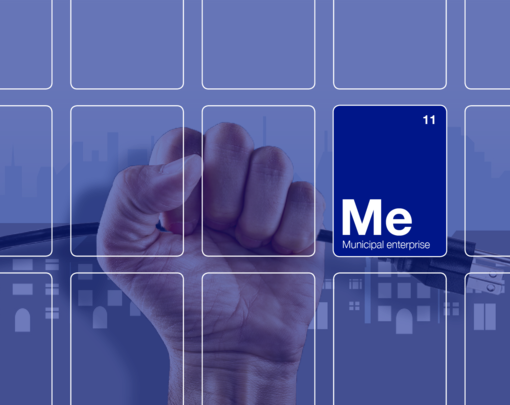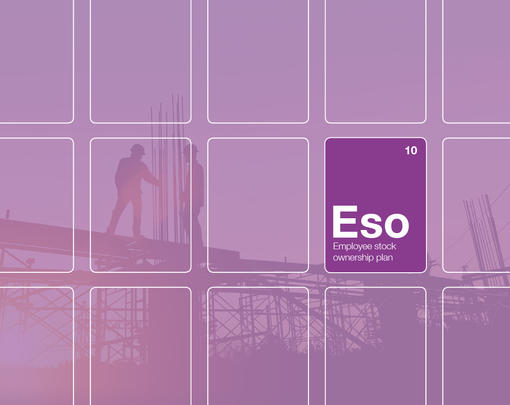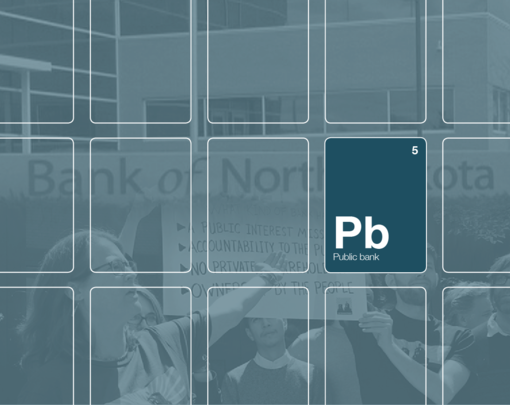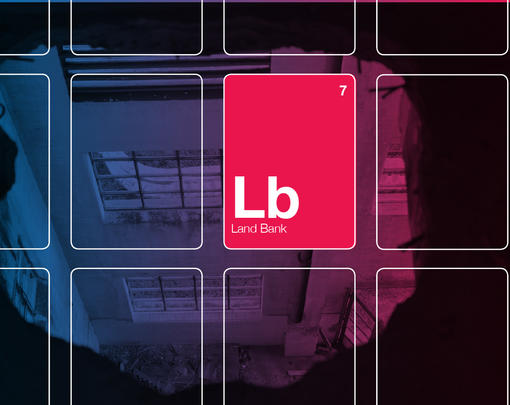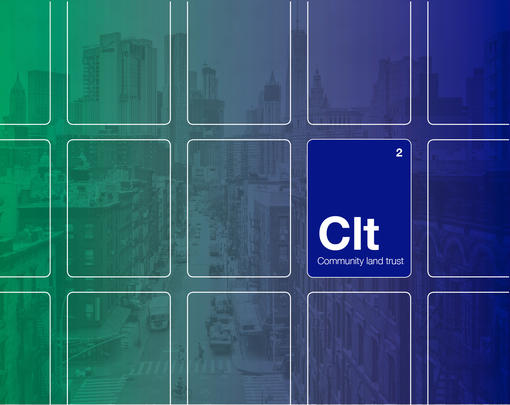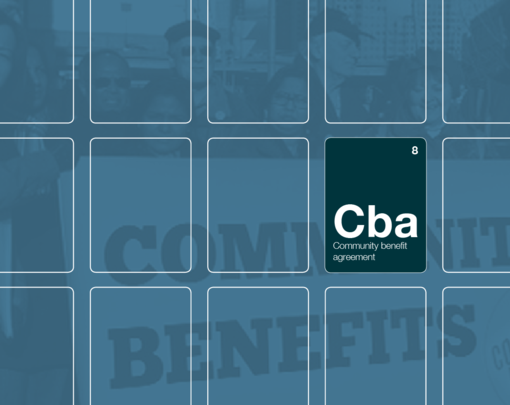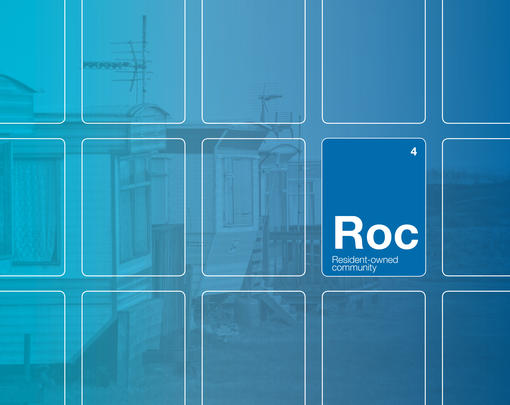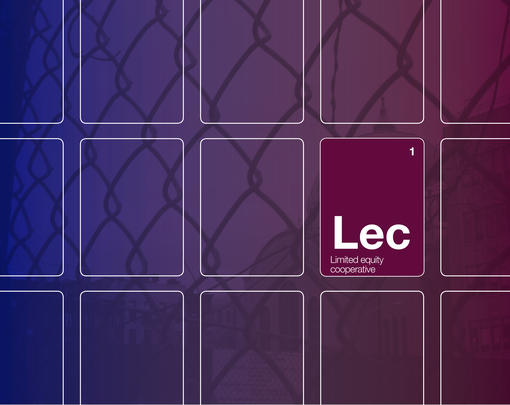Description
Participatory budgeting democratizes public investment by giving people the power to decide how public dollars are spent.
In a participatory budgeting process, residents discuss, develop, present, and then vote on public investments. While designs vary, PB often starts with neighborhood assemblies. There, residents learn about PB and discuss different priorities. Then, delegates are elected or volunteer to craft specific project and budgetary proposals, often with technical assistance. Finally, residents either directly vote on the winning proposals or the residents elect delegates who decide on the winning projects. More than 2,700 governments and 1,700 cities worldwide have introduced PB into their governance structures. According to PB expert Michael Menser of Brooklyn College, they range in size from regions with 14 million people in China to cities with 20,000 residents in Germany.
Potential Impact
PB shifts investment to social needs, while also empowering individuals and civil society organizations. In Brazil, municipalities that had PB spent more on health care and sanitation, and in the process reduced their infant mortality rates. In the seven years after the introduction of PB in Porto Alegre, Brazil, roadbuilding increased by 500 percent. The number of schools also increased by fourfold and the student population doubled, according to Tom Malleson, assistant professor in the Social Justice and Peace Studies program at King’s University College. PB can also boost the civic capacities of individuals by providing them a space to practice democracy, and new community leaders often emerge from the process. Participants can discuss collective needs, learn about political and administrative processes, and meet individuals from different social positions. In New York City, PB participants are about 7% more likely to vote in future general elections. PB can also incentivize the formation and democratization of community groups. In Brazil, PB was associated with an 8% increase in the number of civil society organizations.
Transformative Characteristics
Investment decisions—public and private—are often made by actors far removed from democratic pressures. Participatory budgeting democratizes those decisions. While markets treat people as social atoms, aggregating their individual choices and weighting them based on wealth, PB promotes deliberation that allows individuals—especially the marginalized—to learn from each other; put new issues on the political agenda that market forces neglect, including issues of justice; and make real choices for their community. Finally, PB can foster long-term institutional changes through improved governance. Relationships between individuals, groups, and officials can promote information sharing, increased transparency, reduced corruption, and better administration, leading to compounding improvements.
Examples
Porto Alegre, Brazil
The participatory budgeting movement was launched in this port city of nearly 1.5 million in 1989, and tens of thousands of residents were able to allocate the equivalent of hundreds of millions of US dollars. Porto Alegre also institutionalized social justice values through their “Quality of Life Index,” which ensured that more resources per capita were devoted to underserved areas. To take one outcome, the number of neighborhood associations in the city doubled from 1988 to 2000. “In terms of demographics, the average participant [was] poorer and less educated than the citywide average,” according to Tom Malleson of King’s University College in Toronto, Canada. More than 120 of Brazil’s largest 250 cities have since adopted participatory budgeting. However, when the center-right Social Democracy Party took hold in Porto Alegre in 2016, the program there was eventually drained of resources by the political opposition and was suspended in 2018.
New York City
In 2018 alone, nearly 100,000 New York City residents allocated more than $36 million to 124 community projects in what the Participatory Budgeting Project calls “the largest local civic engagement program in the US,” with participants as young as 11 years old. Since 2012, $210 million has been allocated through PBNYC, which the Participatory Budgeting Project says has sparked an additional $180 million in spending through the traditional appropriation process. According to Michael Menser of Brooklyn College, women have been “overrepresented in every stage of the process” and “people of color and middle- to lower-income residents were better represented in PB than in the local elections.” New York residents can also locate and track projects in the city through the online myPB tool.
Challenges
Lower-income people often have an outsized presence in participatory budgeting, which reduces what scholars have called “representative democracy’s pro-wealthy bias,” but the very poorest are still underrepresented. More outreach, transportation, childcare, and free time would help everyone have a more equal chance to participate. Critics often point out that where PB processes are used, they usually cover only a small slice of the budget. Because PB in itself does not assure just outcomes and can fail to address structural, long-term, or large-scale problems, scholars suggest that residents assess community needs, adopt practices that assure poorer areas have their needs met, and take part in project implementation and oversight. Finally, PB allocations vary and support is subject to changing political tides.
More Resources
- Tom Malleson, After Occupy: Economic Democracy for the 21st Century (New York: Oxford, 2014).
- Michael Menser, We Decide: Theories and Cases in Participatory Democracy (Philadelphia, PA: Temple University Press, 2018).
- Michael Touchton, and Brian Wampler, “Improving social well-being through new democratic institutions,” Comparative Political Studies 47, no. 10 (2014): 1442-1469
- Participatory Budgeting Project (participatorybudgeting.org)
Download and Share

